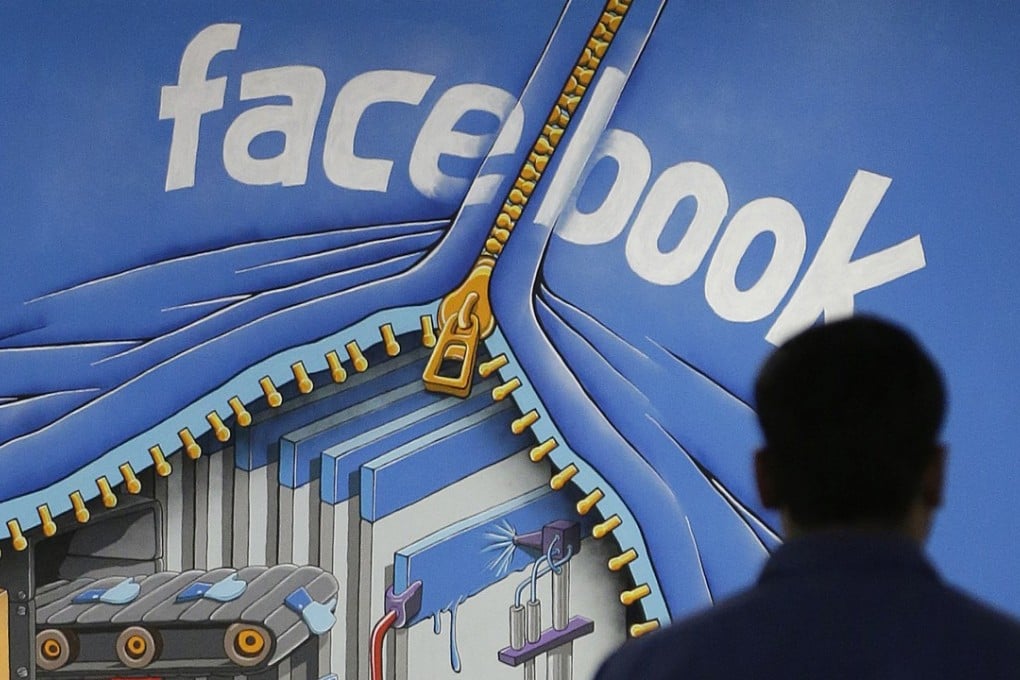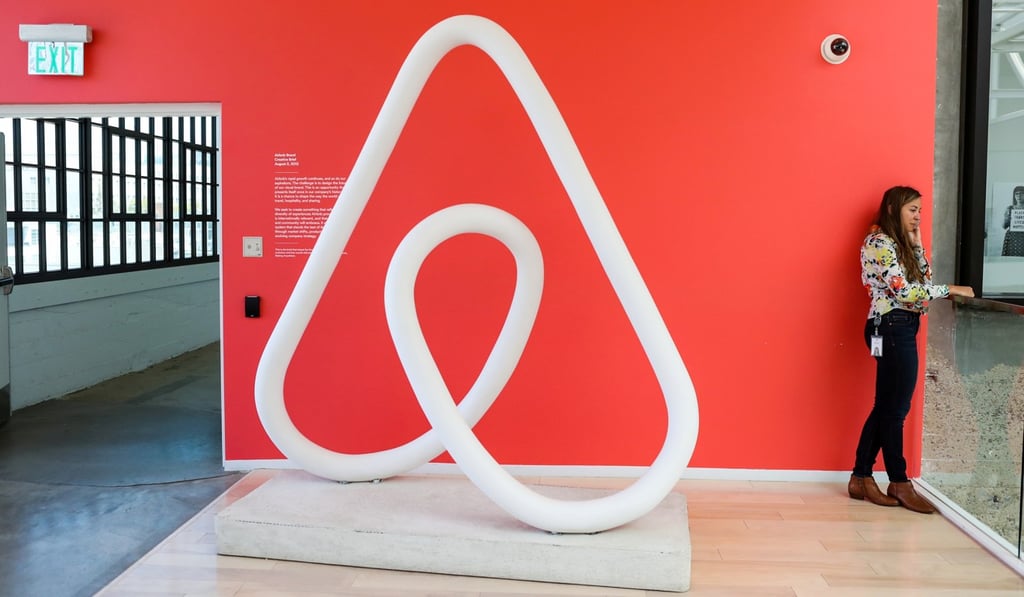The View | How the new economy of ideas widens social inequality and fuels populist movements around the world
- Richard Wong says as the most valuable forms of capital are increasingly non-physical assets and with giant firms dominating intangible-capital industries, the challenge of the future will be how to ensure that growth is inclusive

Ideas can be embodied in human capital in ways that augment a person’s productivity. They can also be embodied in material capital, such as physical assets to boost productivity. But increasingly the most valuable forms of capital are intangibles ones that are not embodied in man, machine, or structures – they are disembodied. Successful economies and companies are now increasingly rich in intangible capital.
Ideas as non-rival goods can generate “spillovers”, meaning companies can copy the ideas and adapt their use to producing other goods. Ideas that can be used again and again without being exhausted are enormously “scalable” and can serve large territories and huge populations. Furthermore, their use can be “synergistic” in the sense that they can be combined with goods and other ideas to produce new goods and new ideas.
Economies and companies that are successful in creating new ideas and adapting old ones can keep on producing new goods. They will thrive. Globalisation has also helped intangible capital-intensive companies to expand rapidly through global value chains.


